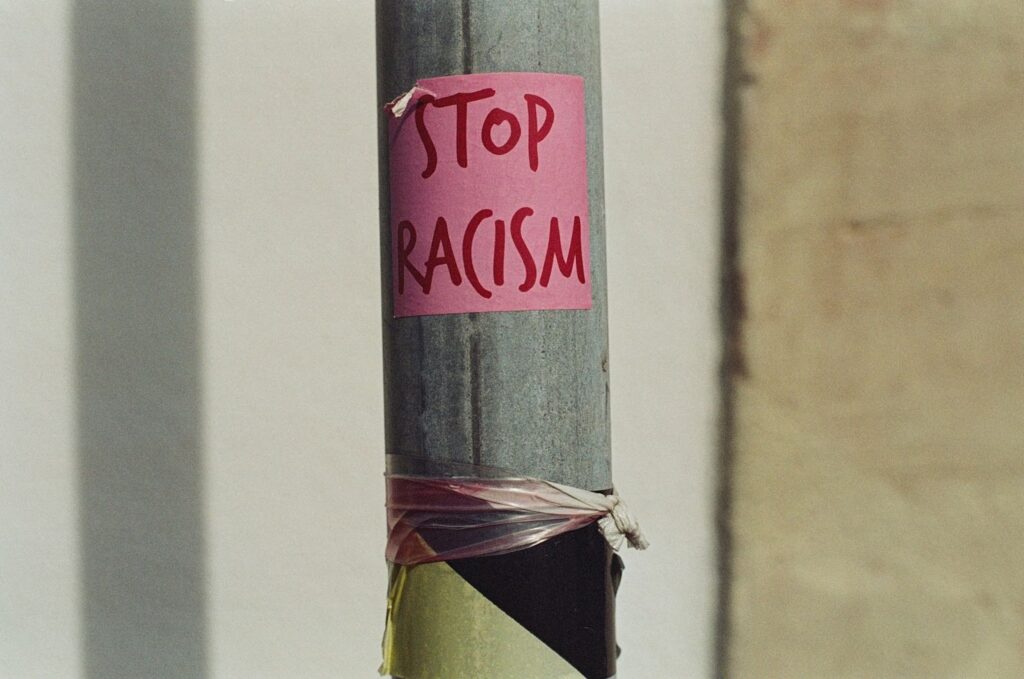In brief
- The new Aotearoa New Zealand principal eligibility criteria say they aim to foster cultural competence and address inequalities.
- Critics express concerns that the leftist group think criteria is too focused on political narratives, potentially overshadowing other educational aspects.
- School principals will be required to prioritise biculturalism, support te reo Māori, and understand the impact of colonisation on education.
- How can this possibly survive the new Government?
New eligibility criteria for school principals – inclusive or narrow focus?
Debate surrounds the new Aotearoa New Zealand principal eligibility criteria mandated by the Education and Training Act 2020. Supporters see it as vital for integrating bicultural heritage and addressing inequalities.
According to the Ministry of Education, these national criteria aim for consistency, understanding, and confidence in principal appointments. Yes, but from one perspective only. This is to the exclusion of other perspectives on NZ’s diverse history, society, and other educational aspects.

Understanding the four key areas
The criteria encompass four distinct pou (areas): Leader of Operations, Leader of Tikanga Māori (Māori customs), Leader of Vision for Learning, and Leader of People. Just forcing Māori words into this tells you how slanted and out of step with the new coalition government, they are.
Each area purports to target specific skill sets and commitments. “Applicants must meet all the requirements set out in all four areas,” according to the document. These range from resource management to the integration of Māori culture and fostering an inclusive and “anti-racist” school environment.
Everyone is against racism, as classically defined, but what do they mean here? The modern woke definition of racism is that there must be racism if results are not the same for your favoured disadvantaged race as for the supposedly privileged race. Does this mean they want principals who are going to focus their resources on equality of results as opposed to equality of opportunity?
The following offers some insight. Applicants are required, in part, to be:
“A leader who brings Te Tiriti o Waitangi to life in the school, as the founding document of a bicultural Aotearoa New Zealand.”
The criteria demand that applicants “show commitment to” prioritising biculturalism in NZ schools, support the use of te reo Māori, “understand the impact of colonisation on education in Aotearoa”, etc.
The criteria demands would-be principals of state-schools affirm the “rights” of students as laid out in such documents as the United Nations Declaration of Rights of Indigenous Peoples (UNDRIP).
Opposition and concerns
Jonathan Ayling from the Free Speech Union voices concerns about these criteria. He labels them as an ideological filter potentially sidelining varied perspectives in educational leadership. Ayling specifically critiques the focus on the impacts of colonisation and the mandatory commitment to mātauranga Māori and tikanga Māori. He says these criteria aren’t based on universally defined concepts and their application could narrow the scope of intellectual diversity.
“Aotearoa didn’t have an education at all prior to colonisation so I suspect there may be some perspectives that say it has had a positive impact,” he says.
Broadcaster Sean Plunkett calls the criteria “woke rules for becoming a school principal”.
It’s difficult to see how the new criteria will survive the change in government, given the agreements in place between the three parties of the new Government. For instance, ACT and National have agreed to introduce a Treaty Principles Act, which in part seeks to confirm that New Zealand is a multi-ethnic liberal democracy where discrimination based on ethnicity is illegal.
This flies in the face of the ‘bicultural’ version of the country preferred by the left, in which Māori are granted some superior forms of rights based on race. It is this kind of thinking that is behind the new rules for principals.
The new government is also adding several amendments to the Education and Training Act to ensure free speech in schools, which often bumps up against leftwing “anti-racism” efforts.
NZ First and National have also confirmed that UNDRIP is to have no binding legal effect and all work on He Puapua is to be stopped immediately.





















